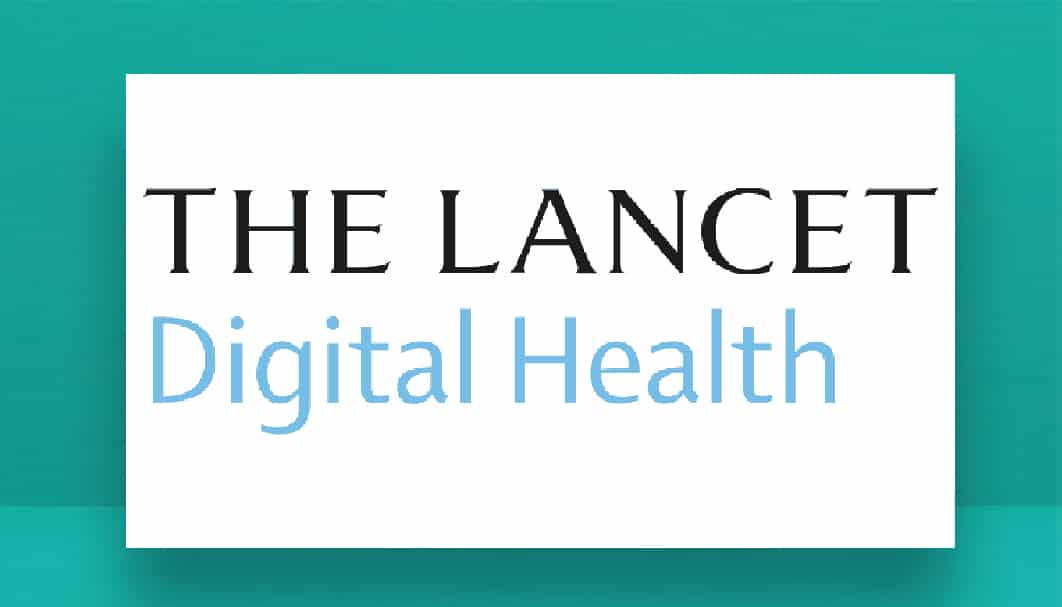Corsano CardioWatch Detects Cardiac Arrest
Collaborating researchers from Radboud University Medical Center, Erasmus MC, Reinier de Graaf Hospital, and Corsano Health have succeeded in reliably measuring whether a patient's circulation stops, as in the case of cardiac arrest. This was demonstrated in 291 patients wearing Corsano CardioWatch 287-2 while undergoing surgery, during which circulation is routinely interrupted. These results were published in the scientific journal The Lancet Digital Health. The research was initiated and funded by the Heart Foundation.
The findings from this study represent an important first step in the "Cardiac Arrest without Witnesses" project initiated by the Heart Foundation in 2020. Annually, 17,000 people in The Netherlands alone experience a cardiac arrest outside of hospitals. According to research, about 60% of these cases have no witnesses. With the development of this medical bracelet, which can detect cardiac arrest and call emergency services, the Heart Foundation aims to increase the survival chances for this group.
The study included 291 patients who needed to undergo surgery that typically requires a temporary stoppage of circulation. During the placement of an ICD, cardiologists need to test whether the ICD intervenes during a heart rhythm disorder that causes cardiac arrest. The participating patients had agreed in advance to wear the Corsano CardioWatch Bracelet during surgery. The bracelet successfully detected cardiac arrest in almost all patients.
Corsano CardioWatch
The researchers used the CardioWatch 287-2 Bracelet from Corsano. This bracelet is equipped with special Cardiac Algorithm developed by Corsano in collaboration with the researchers. The Algorithm utilizes PPG and ACC sensors, which detects the reduced blood flow through the smallest blood vessels in the skin when circulation stops due to cardiac arrest.
Further Testing in Real Life
In the next phase of the research, the scientists will investigate whether this technology is also entirely reliable in everyday life. People are stationary on an operating table but make various movements in daily life. For this next phase, the researchers are seeking healthy volunteers, ICD wearers, and other heart patients to participate. Interested individuals can sign up at www.detect-study.com.
Solution Needed for Cardiac Arrest without Witnesses
The aim of the DETECT research, is a medical bracelet or smartwatch that can signal cardiac arrest and automatically call emergency services. Most people experience cardiac arrest when they are alone, without witnesses to provide or call for help. This leaves them with no chance of surviving a cardiac arrest. In cases where the Corsano Bracelet incorrectly signals a cardiac arrest, it is intended that users can cancel the call to emergency centers. This will also be tested in the coming period.
About the Research
The Heart Foundation initiated the "Cardiac Arrest without Witnesses" research program in 2020. With the national network of civilian responders and AEDs, the survival chances for people with cardiac arrest have significantly increased. The Heart Foundation aims to also provide survival chances for those experiencing a cardiac arrest without bystanders. DETECT is one of the two studies financed by the Heart Foundation through the PPS supplement provided by the Top Sector Life Sciences & Health (Health~Holland) to encourage public-private partnerships.

